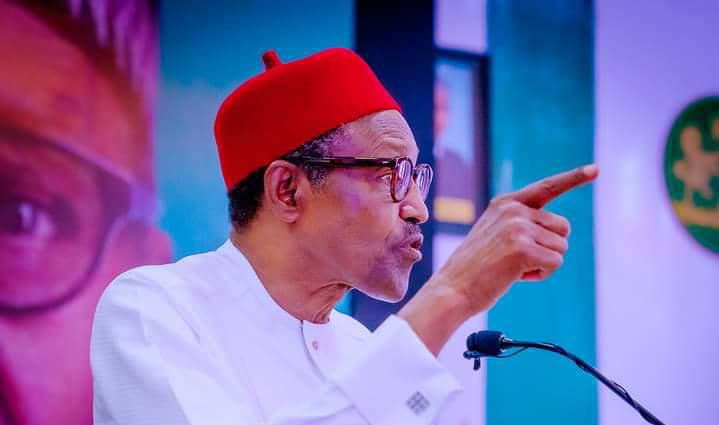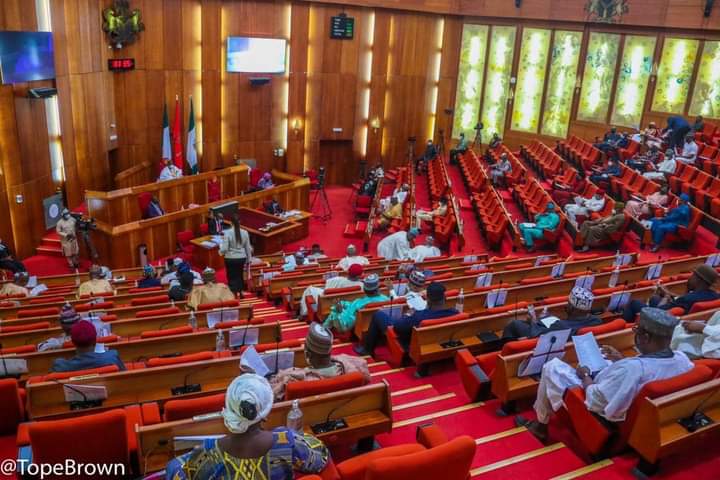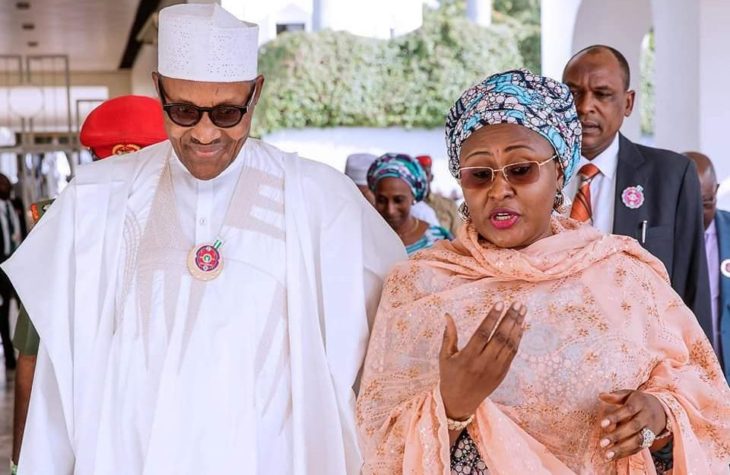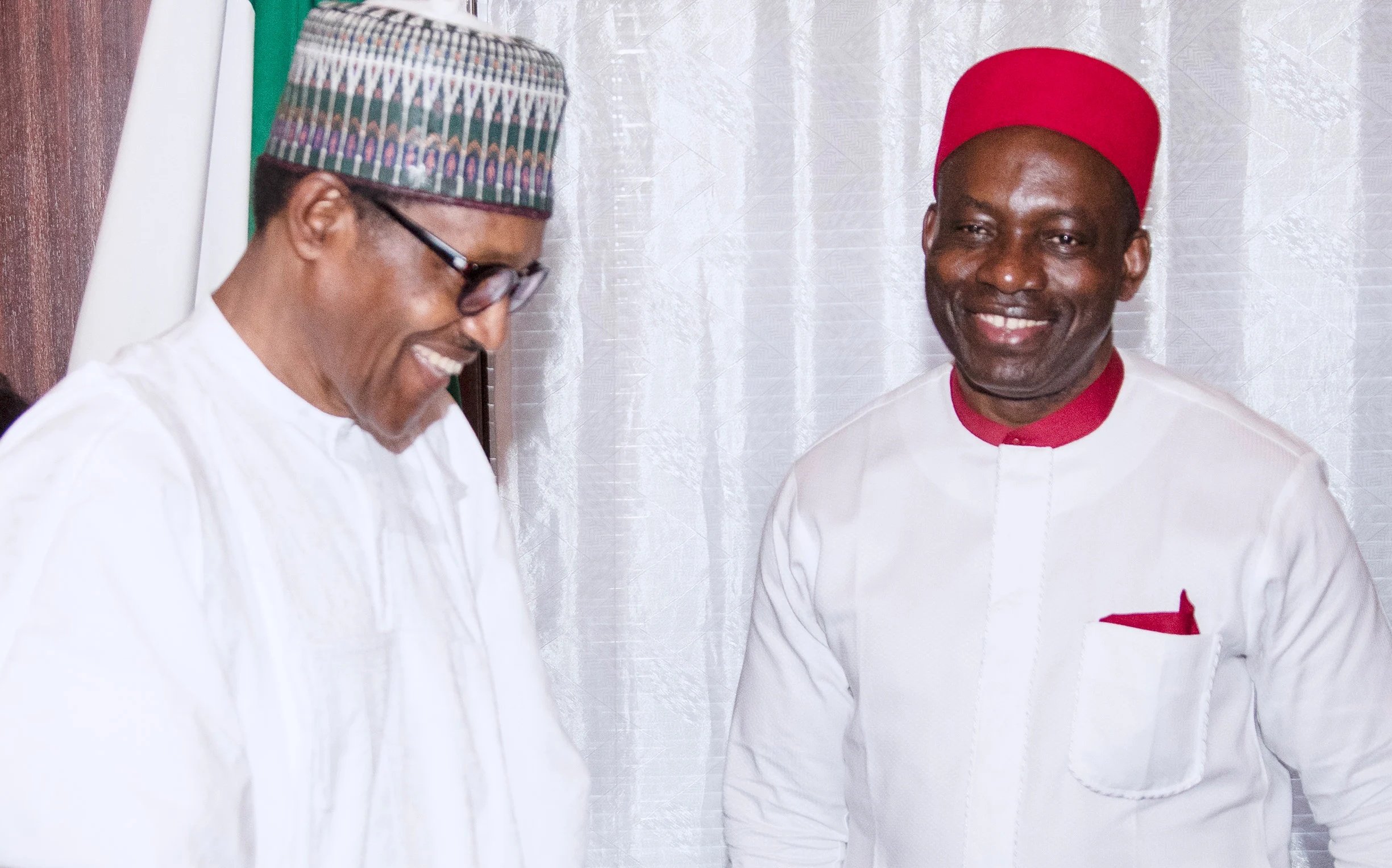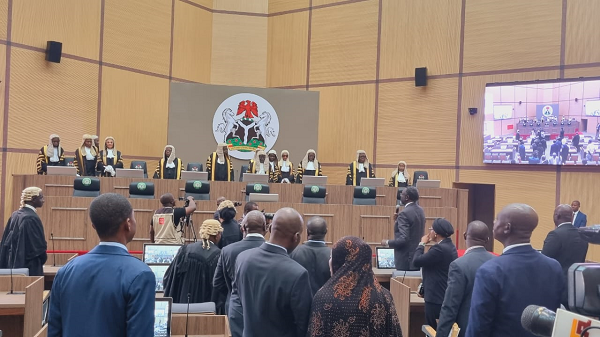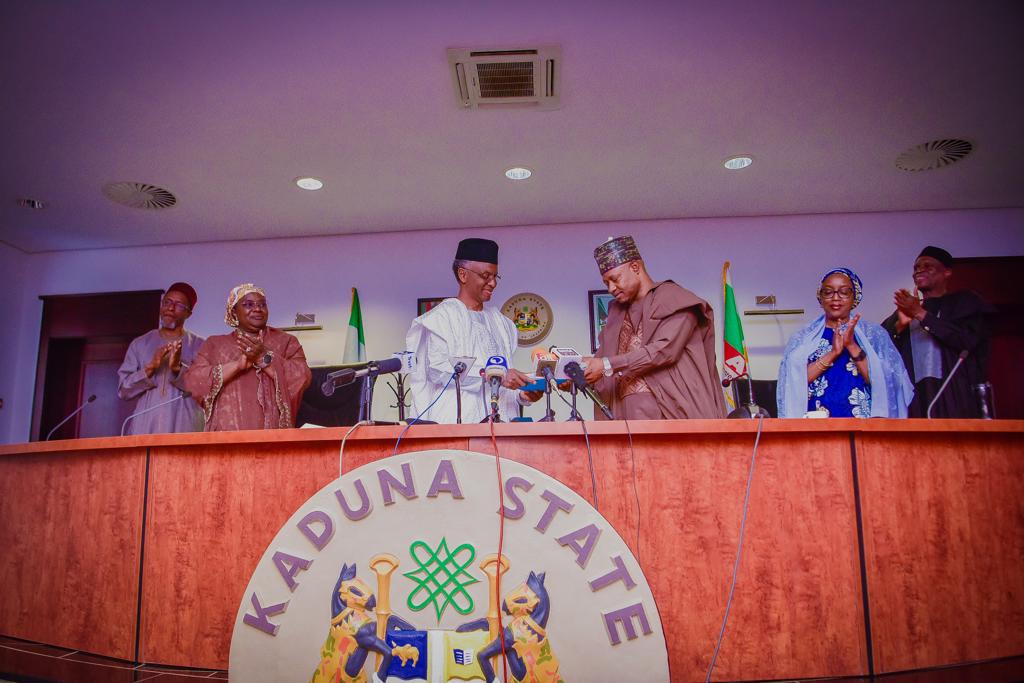President Muhammadu Buhari has asked Nigerians to take the country’s assets and investments into account when considering the debt profile.
The president said his administration doubled Nigeria’s stock of infrastructure to gross domestic product (GDP) from about 20 percent to over 40 percent.
In a statement posted on Twitter on Saturday, the president said the growth is “no small undertaking”.
He said this occurred amid a plunge in global oil prices, a recession in the country, and a war in Europe.
Advertisement
“So, as we look at Nigeria’s debt profile, I urge us to also look at the assets and investment profiles, some of which was paid for by debt and some by investment income,” he said.
“The wealth and prosperity of many nations, especially post-war Europe, was built largely on infrastructure and on debt redeemed over decades. Some of the projects are commercially self-liquidating.”
The wealth and prosperity of many nations, especially post-war Europe, was built largely on infrastructure and on debt redeemed over decades. Some of the projects are commercially self-liquidating.
Advertisement— Muhammadu Buhari (@MBuhari) May 27, 2023
Buhari added that without investing in infrastructure, the road out of poverty is a much tougher one.
The Debt Management Office (DMO) had said Nigeria’s total public debt reached N46.25 trillion at the end of the fourth quarter (Q4) of 2022.
Advertisement
Patience Oniha, director-general of DMO, said the debt stock is increasing due to a combination of several factors, including borrowings and the continued issuing of promissory notes by the federal government.
Oniha said several loans have been contracted from multilateral and bilaterals, while the federal government keeps issuing promissory notes to settle obligations for which it does not really have the revenue.
A promissory note is a legal instrument through which one party promises in writing to pay a sum of money to the other, either at a fixed or determinable future time or on demand of the payee, under specific terms and conditions.
Ngozi Okonjo–Iweala, director-general of the World Trade Organisation (WTO), had also warned that governors should monitor their states’ debt, and keep careful control of expenditures.
Advertisement
Okonjo-Iweala said it has become imperative for governors to focus on debt management because the country has challenges on the fiscal, debt, and monetary policy fronts.
The governors subsequently called for a quick intervention to curtail the nation’s rising debt profile.
Advertisement
Add a comment
